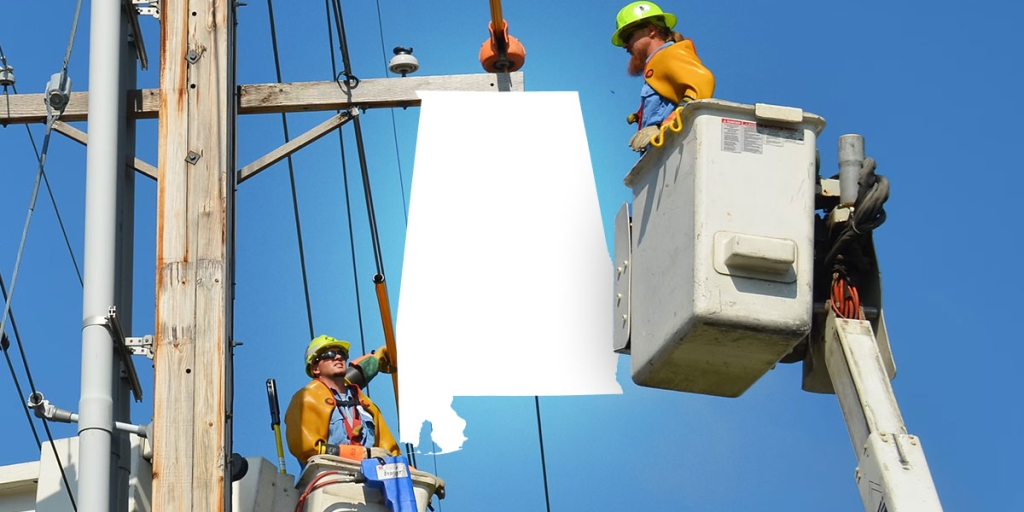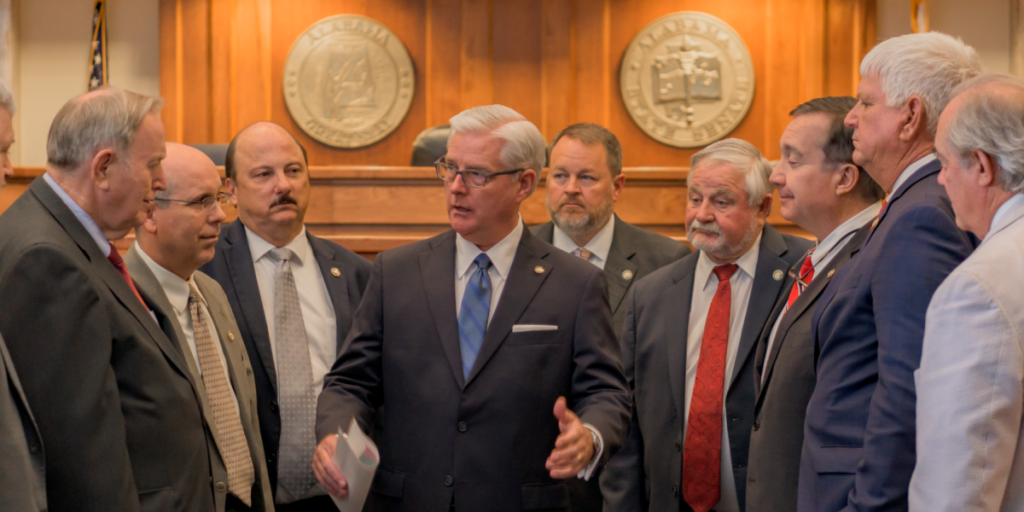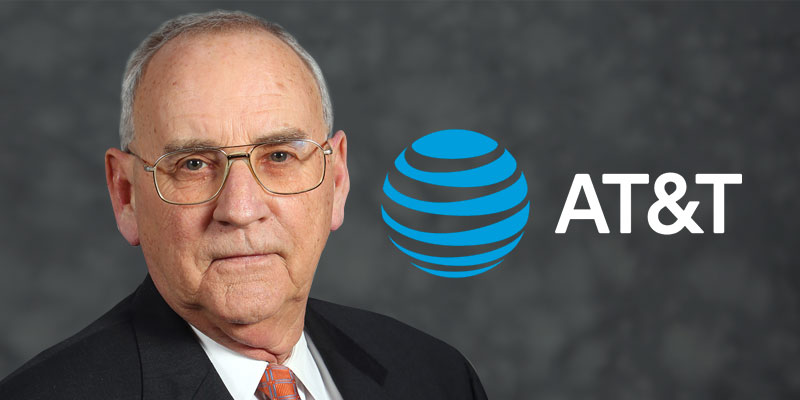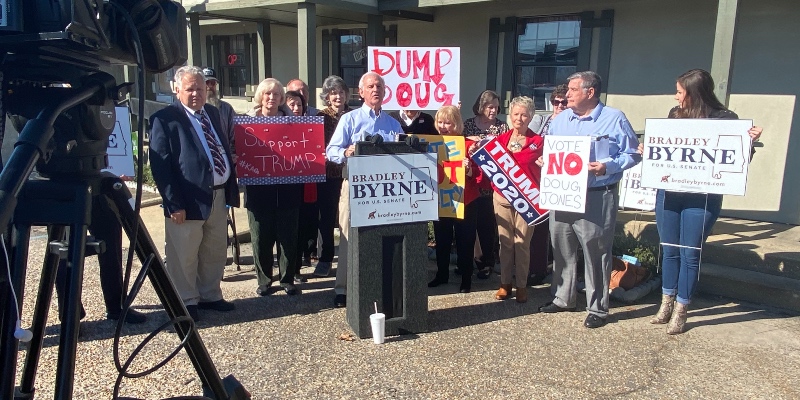Alabama residents are using their mobile devices more than ever before to connect to everyone and everything around them. Between 2014 and 2017, wireless data traffic increased by nearly four times nationwide. 5G — the next generation of mobile broadband — will offer Alabama residents a better wireless experience and jumpstart the next wave of unforeseen innovation.
Small cell deployment in Alabama is vital as our state could see $4.02 billion in investments and 7,067 additional jobs per year. This is an economic impact and innovation issue that we must address or run the risk of seeing our state fall further behind the already 28 states that have enacted similar legislation. Our neighbors in Georgia, North Carolina, Florida, Tennessee and Arkansas have enacted similar small cell legislation and are welcoming wireless investment. After all, capital flows where it is treated best.
As Alabama businesses and individuals continue to depend on wireless technologies, the need for continued updates to our broadband infrastructure becomes ever more apparent. Small cells provide flexible network solutions by targeting areas where Alabama residents are prone to experience connectivity issues or areas that can’t effectively be served by a traditional cell tower. Small cells can unobtrusively be attached to various structures like streetlights and utility poles in urban and rural communities to alleviate network congestion, support 5G and prepare Alabama for the next generation technologies.
More than half of the states in the U.S. have enacted small cell legislation that standardizes regulations to facilitate the deployment of small cells. To ensure our wireless infrastructure remains competitive with the rest of the country, our state needs statewide legislation that will modernize and improve our wireless infrastructure by creating consistent guidelines to ensure the speedy deployment of small cells while also taking into consideration the unique circumstances of our state and local environments.
In recognizing the key role that local governments play in our Alabama communities, any legislation will contain common-sense provisions that promote the efficient deployment of small cells while retaining local government oversight over the placement of small wireless facilities in the public Rights-Of-Way (ROW). For example, local governments will be able to limit the height for new poles and require wireless providers attempt to first collocate a small cell facility on an existing structure before placing a new pole. Local governments will also be able to deny a small cell application for numerous reasons, including public safety concerns, noncompliance with applicable codes, noncompliance with height restrictions and spacing requirements, noncompliance with historic district requirements and more.
We must ensure our state does not fall further behind the 28 other states that have passed small cell legislation, positioning themselves for increased investment and faster deployment. Additionally, small cell legislation is being considered by a number of other states this year. Small cell legislation is a huge step in the right direction and will pave the way for Alabama to standardize the permitting process for small cell wireless equipment and services.
In order for our economy to continue to flourish and not fall behind the progress being made in other states, it is critical we continue to remove barriers to wireless deployment.
Arthur Orr, a Republican representing Alabama Senate District 3, chairs the Senate Finance and Taxation Education Committee.













